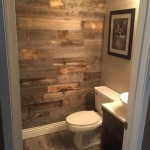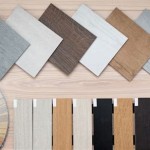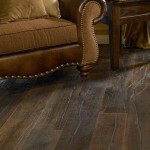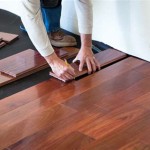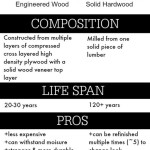Can You Put Vinyl Flooring On Basement Concrete Walls?
To enhance the aesthetics and functionality of your basement concrete walls, applying vinyl flooring is a smart choice. However, certain considerations are crucial to ensure a successful installation. Understanding the specific requirements and proper techniques will result in durable and visually appealing results.
Suitability of Vinyl Flooring for Concrete Walls
Vinyl flooring is generally not suitable for direct application to concrete walls. Concrete walls typically have uneven surfaces, moisture issues, and potential for hydrostatic pressure, which can compromise the adhesion and longevity of the flooring.
Alternative Options for Covering Concrete Walls
Instead of vinyl flooring, consider exploring alternative options such as:
- Wall Paint: Fresh paint can instantly transform the appearance of your walls while providing moisture resistance.
- Peel-and-Stick Wall Tiles: These lightweight and durable tiles come in a variety of designs and are easy to install.
- Wall Panels: Made from materials like PVC or wood fiber, these panels create a finished look while hiding imperfections.
Installing Vinyl Flooring over Drywall
If you desire a vinyl floor covering, consider installing drywall over the concrete walls first. Drywall provides a smooth and dry surface that is ideal for vinyl flooring installation. This method involves framing the walls, installing drywall, mudding and taping the seams, and then adding the vinyl flooring.
Essential Considerations for Drywall Installation
When installing drywall over concrete walls, it is crucial to:
- Use moisture-resistant drywall: Choose drywall specifically designed for moist environments.
- Provide proper ventilation: Ensure proper airflow in the basement to prevent moisture buildup.
- Seal the seams thoroughly: Use a high-quality sealant to prevent moisture from seeping through the seams.
Choosing the Right Vinyl Flooring
Once the drywall is installed, select a vinyl flooring option suitable for wall applications. Consider factors such as:
- Peel-and-stick vinyl: These self-adhesive tiles are easy to install and come in various styles.
- Vinyl wall panels: Similar to wall panels, these come in larger panels for a seamless look.
- Luxury vinyl tiles (LVT): These interlocking tiles offer durability and a realistic wood or stone appearance.
Professional Installation
While vinyl flooring installation is manageable, hiring a professional can ensure expert craftsmanship and long-lasting results. They possess the experience and expertise to handle potential challenges and provide a flawless finish.
Conclusion
Covering basement concrete walls with vinyl flooring requires careful consideration. While direct application is not recommended, installing drywall as a base layer provides a suitable surface for vinyl flooring. By understanding the alternative options and essential considerations, you can enhance the aesthetics and functionality of your basement while ensuring durability and a moisture-resistant environment.

Installing Luxury Vinyl Plank Flooring First Phase Of Finishing My Basement

Best How To Install Vinyl Plank Flooring Four Generations One Roof

Stylish Solutions Covering Unfinished Basement Walls Csg Renovation

Installing Luxury Vinyl Plank Flooring In Our Basement Week 5 Of The One Room Challenge Willow Bloom Home

Best How To Install Vinyl Plank Flooring Four Generations One Roof

Tips For Installing Vinyl Plank Over Concrete Floors Lemon Thistle

Installing Luxury Vinyl Plank Flooring In Our Basement Week 5 Of The One Room Challenge Willow Bloom Home

Lvp Flooring Installation How To Install Luxury Vinyl Plank In A Basement Diy
The Best Flooring Options For Your Basement America

How To Choose The Right Flooring For Your Basement Remodel
See Also

